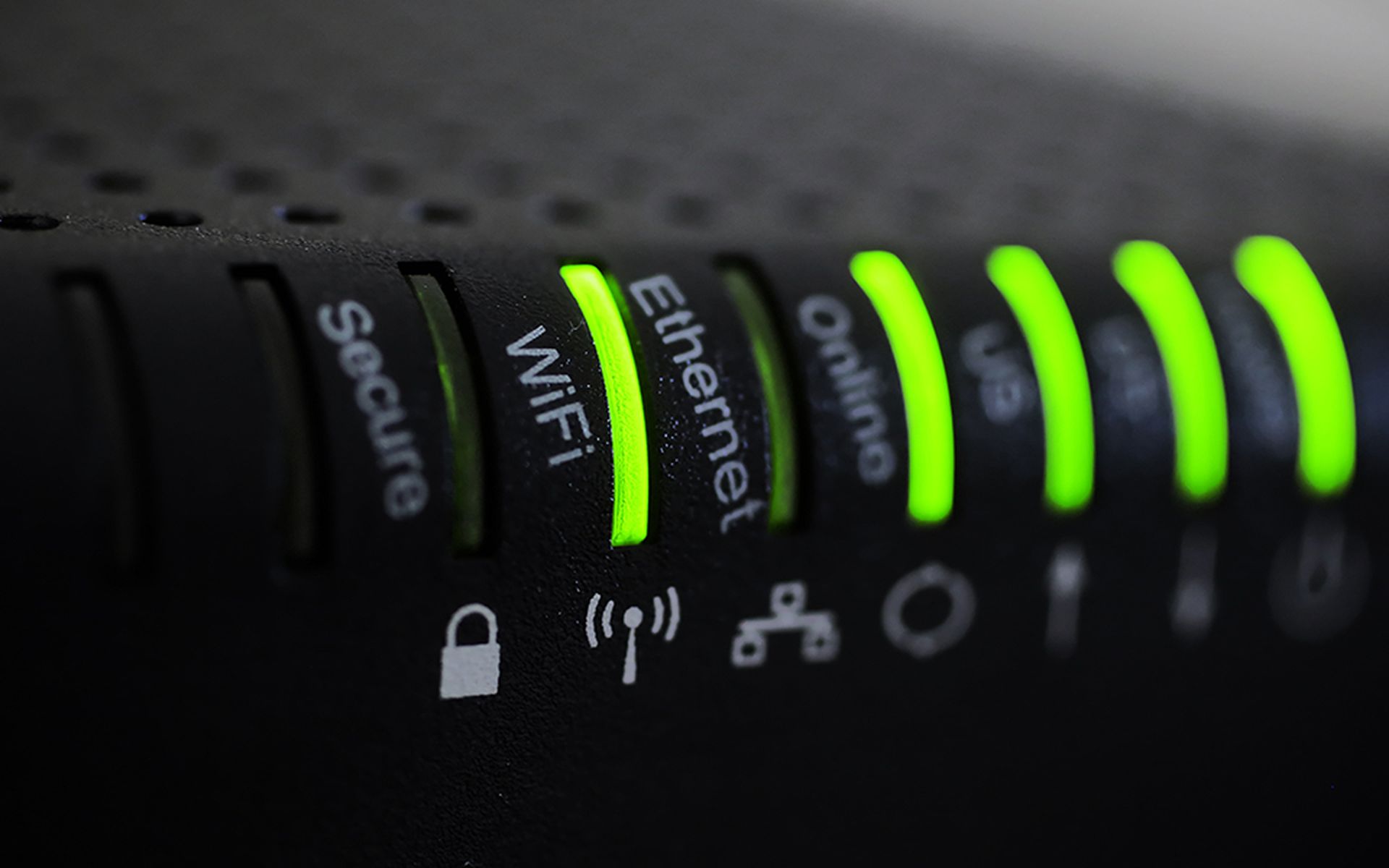The cyber assault – which U.S. officials ultimately decided against earlier this year – would have involved penetrating the Libyan government's networks to disrupt military communications and stop its radars from gleaning and transmitting information to missile batteries that threatened NATO warplanes, according to a New York Times report, citing unnamed sources from the Defense Department (DoD) and White House.
Had the United States gone through with the cyber offensive, it would not have been the first time such an act of war was carried out by a nation, Richard Stiennon, chief research analyst at IT-Harvest and author of Surviving Cyberwar, told SCMagazineUS.com on Tuesday.
He said Israel, in September 2007, is believed to have launched a cyberattack designed to jam Syria's radar signals, allowing its military enough time to bomb a suspected nuclear facility under construction in the country.
News that the United States was considering an attack to disable Libya's radars may indicate the country was aware of the same flaws Israel is believed to have leveraged against Syria, Stiennon said.
“The U.S. government hadn't said much about [the Israeli cyberattack], but the radar systems in Syria are provided by Russia, and are the same ones used in Libya,” Stiennon said. “News that the U.S. contemplated doing these attacks lends one to believe that the U.S. has knowledge about the vulnerabilities in these radar systems.”
How the U.S. may have obtained such information is not clear, he said.
Military officials ultimately did not use such capabilities against Libya, partly due to concerns that it could lead other nations, such as Russia or China, to carry out their own digital attacks, according to the Times.
However, unnamed administration officials told the Times they were confident the attack would have disrupted Libya's air-defense system.
The U.S. has traditionally invested heavily in its cyber defense tactics, but appears now to be quickly developing network warfare capabilities, such as denial-of-service techniques and sophisticated malware designed to infiltrate and shut down other networks, Stiennon said. This weaponry will, no doubt, eventually be used.
“We are getting to the point where any future conflicts between networked countries will have a cyber element,” he added. “Just like future conflicts will have air, land and sea components, they will now have network-based attacks as well.”
The DoD in July released the unclassified version of its first-ever cyberspace operations strategy, which stated that cyberspace was the fifth warfighting domain, next to land, water, air and space.
The cyberwar battlefield in the future could extend to the control systems that provide electricity, energy, telecommunications, money and transportation, Daniel Kuehl, professor of information operations at the Information Resources Management College of the National Defense University in Washington, D.C., told SCMagazineUS.com last year.
“In reality, the battle space that we are talking about could involve every single thing we do,” he said.



